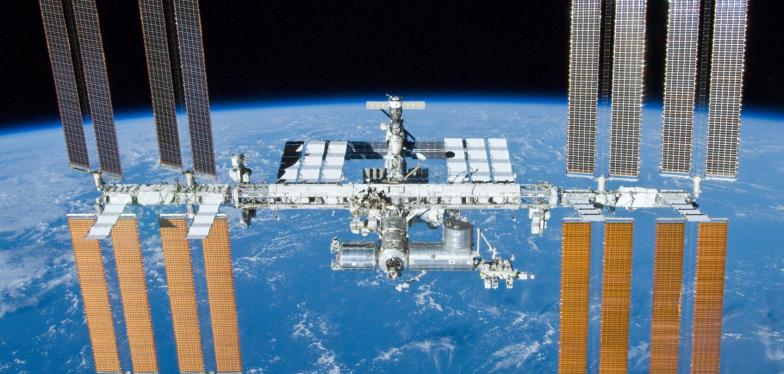Source of life aboard the International Space Station
It is no mean feat to provide astronauts with sufficient food and water in space, especially when there is only limited space. The European Space Agency (ESA) has been in search of the ultimate solution for a long time. It now seems that the Belgian nuclear research centre SCK-CEN in Mol might finally have found the very thing: spirulina.

SCK-CEN is planning to send some spirulina off to the International Space Station (ISS) in November 2017. It is a green 'super bacteria', a type of natural algae with plenty of positive benefits, not to mention being rich in protein, vitamins and healthy fatty acids. It is able to purify waste water, convert CO₂ into oxygen and the leftover biomass can also be eaten. The special substance is stored in a small bioreactor, about 20 by 20 cm large. This is also how it will be transported to the ISS. SCK-CEN has been investigating this organism for over 10 years now.
How the bacteria will behave in space remains to be seen. It might be affected by cosmic radiation and the lack of gravity could also have an impact. Its growth will be tracked online all the way from Mol.
Meanwhile, spirulina has long demonstrated its uses back on planet earth. It is being used to combat malnutrition in the Democratic Republic of Congo (DRC) and sports people are known to take spirulina supplements for added energy and vitality during periods of intensive trainings.